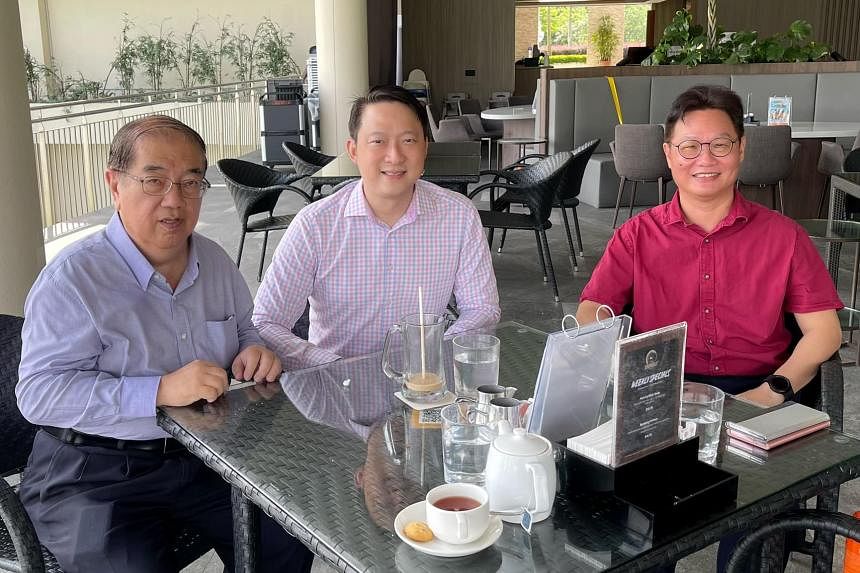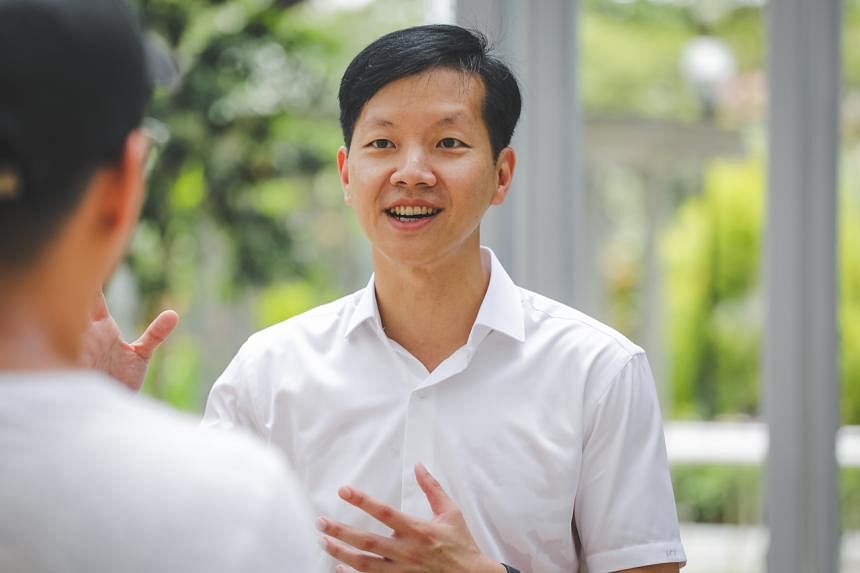2 JTC officers referred to AGC for untruths linked to wrongful clearing of Kranji woodland
One of two plots of forested land cleared at Kranji Road, as seen on Feb 22, 2021. PHOTO: ST FILE
Ang Qing
Mar 11, 2022
SINGAPORE - Police investigations into
the unauthorised clearing of Kranji woodland have found that two JTC officers had misrepresented facts and given inaccurate information to their superiors, Education Minister Chan Chun Sing told Parliament on Thursday (March 10).
The case has been referred to the Attorney-General's Chambers (AGC), which will decide whether to bring charges against the officers, he said.
Separately, JTC said its board of directors will convene a disciplinary panel to consider appropriate disciplinary actions against the two officers, as well as their senior supervisors if they had breached their duties.
The two JTC officers - the project manager and his immediate supervisor, a deputy director - had told their superiors that the unauthorised clearance work on 4.5 hectares of the site was discovered by the project manager on Jan 13, 2021 during his site visit.
Mr Chan said this information was conveyed to MTI and incorporated into his answers in Parliament on Feb 26, 2021 when he was then Minister for Trade and Industry.
At that time, MPs had raised questions about the unauthorised clearance, which had come to light after aerial photos of the site appeared on social media.
Mr Chan said then that the unauthorised clearance occurred between late December 2020 and Jan 13, 2021.
Investigations have since found that clearance of those areas had commenced without NParks' approval before December 2020, said Mr Chan on Thursday.
Police also found that the project manager who was in charge knew of the unauthorised clearance prior to Jan 13, 2021, he added.
"His immediate superior, the deputy director, also knew. It appears that they misrepresented the facts and gave inaccurate information to their superiors," said Mr Chan.
Investigations have established that another two plots of land, which amount to more than 2.8 hectares, had also been cleared without NParks approval, he said.
Mr Chan's February 2021 answers had stated that clearance works were suspended from Jan 13, 2021. JTC has clarified that it stopped all tree felling but had continued with other minor work like vegetation clearing, he said.
The inaccurate information conveyed to MTI by the two JTC officers meant "some of the information I presented to Parliament, based on what they had said, was therefore inaccurate", he added.
Mr Chan, who spoke near the end of Thursday's Parliament sitting, said police have just concluded their investigations and presented their conclusions to him and other ministers earlier this week.
He said that after discussions with the AGC, he was satisfied that he could update Parliament on what the police have found but emphasised that the facts presented are based on the police's view.
"First, what I have said above is based on the police view, which could well be contested in court if the matter proceeds to court. And a court could take a different view of the facts," he said.
"Second, we need to be fair to the persons who may be charged; setting out the facts here should not prejudice their fair trial."
Given the unclear situation and factual disputes, the Government first wanted to rule out any possible corruption, he said. The Corrupt Practices Investigation Bureau (CPIB) was asked to investigate, and concluded that there had been no corruption.
MTI is reviewing the investigation findings with JTC, and apart from possible court proceedings, MTI and JTC will take appropriate disciplinary measures against the individuals responsible, said Mr Chan.
In a statement on Thursday evening, MTI said it takes "a very stern and serious view of this incident" and does not condone such misconduct.
Separately, JTC chairman Tan Chong Meng said: "This is a serious incident and JTC acknowledges the lapses. JTC will remedy our shortcomings and improve our processes.
"We will tighten the execution of projects and compliance with rules, and ensure that JTC officers uphold the highest standards of integrity and governance in carrying out their duties."
The Kranji site is earmarked for industrial development. It comprised mainly unused scrubland left vacant after land occupied by the former Keretapi Tanah Melayu (KTM) railway line was returned to Singapore in 2011.
Mr Chan also corrected his statement that the contractor who cleared the sites had not been paid for the unauthorised clearing in December 2020 and January last year.
He said investigations found that some payments had been made for the unauthorised clearance of the 4.5 hectares plot of land.
He said: “Erroneous information was provided by JTC Contract and Procurement (Construction) Division, who processed the payments without realising that the payments included felling of trees in areas that had not been approved for clearance.
“There was no intent by JTC staff to mislead.”
Investigations also found that payments had been made for clearance of another plot of land, which was also cleared without approval.
Mr Chan added that if due process had been followed, approval would have been given subject to the necessary conditions being met.
“However, regardless of whether approvals would have been forthcoming, the JTC officers had a duty to give the correct information to their supervisors and MTI,” he said.
“Failure to do so is wrong, and cannot be excused.”
3 clarifications on Kranji woodland clearance
Education Minister Chan Chun Sing on Thursday (March 10) made three key clarifications to his reply on Feb 26, 2021 to MPs’ questions about the unauthorised clearing of some forested areas in Kranji woodland.
1. On Feb 26, 2021: Then Minister for Trade and Industry, Mr Chan told Parliament that 4.5 hectares of the forested land there had been cleared between end December 2020 and Jan 13, 2021 without NParks’ approval.
The clarification: Investigations have since found that clearance of the 4.5 hectares commenced without NParks’ approval before December 2020.
Investigations suggest that two JTC officers had given inaccurate information to their JTC superiors about the time period that this erroneous clearing had taken place.
This information was then incorporated into Mr Chan’s February reply.
Investigations also found that another two plots of land, amounting to more than 2.8 hectares, had also been cleared without NParks’ approval.
2. On Feb 26, 2021: Mr Chan said unauthorised land clearing was discovered by JTC’s project manager on Jan 13, 2021 during his site visit.
All clearance works onsite were suspended immediately and remained suspended, he added.
The clarification: Investigations have since found that JTC’s project manager who was in charge, knew of the clearance before Jan 13, 2021.
His immediate superior, a deputy director, also knew.
It appears that they misrepresented the facts and gave inaccurate information to their superiors.
As for clearance works being suspended immediately from Jan 13, 2021, JTC has clarified that it stopped all tree felling but had continued with other minor work like vegetation clearing.
3. On Feb 26, 2021: Mr Chan said contractors had not been paid for the over-clearance in December 2020 and January 2021.
The clarification: Some payments had been made for the clearance, which included tree-felling.
This erroneous information that the contractors had not been paid was provided by a JTC division, which processed the payments without realising that they were for the unauthorised clearance of trees in December 2020 and January 2021.
Investigations have also found that payments were made for unauthorised clearance that took place before December 2020 involving some parts of the 4.5 hectares of forested land and another plot.












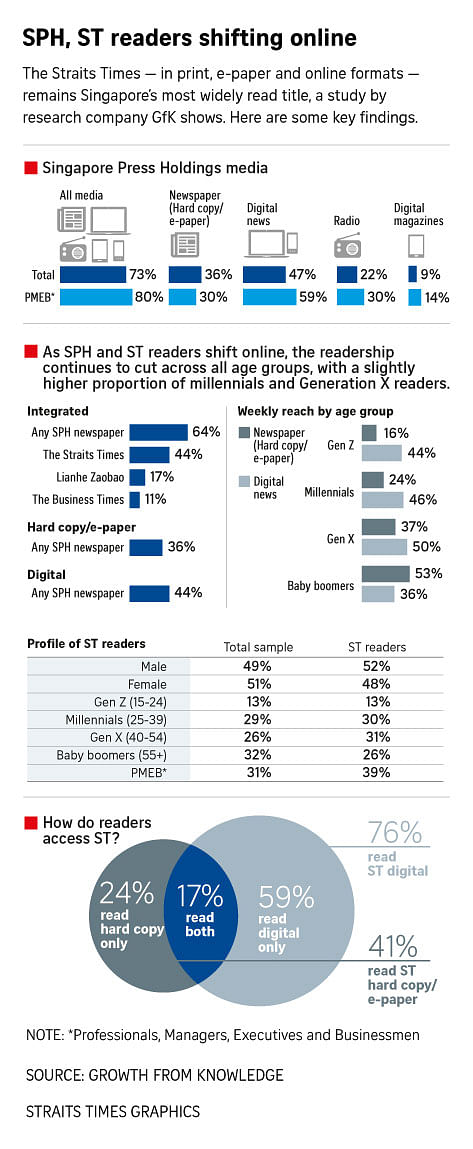

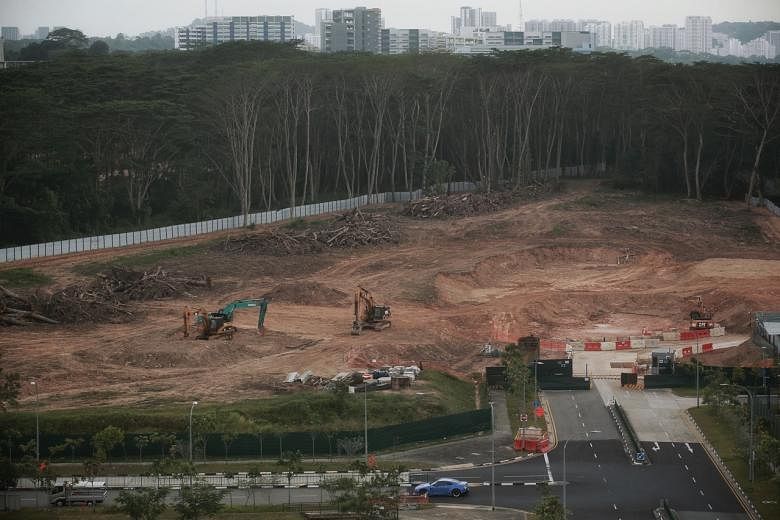

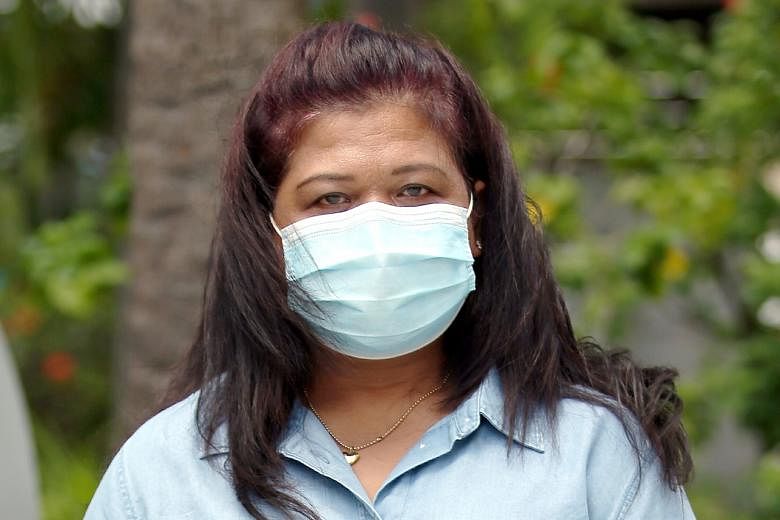

.jpg)

